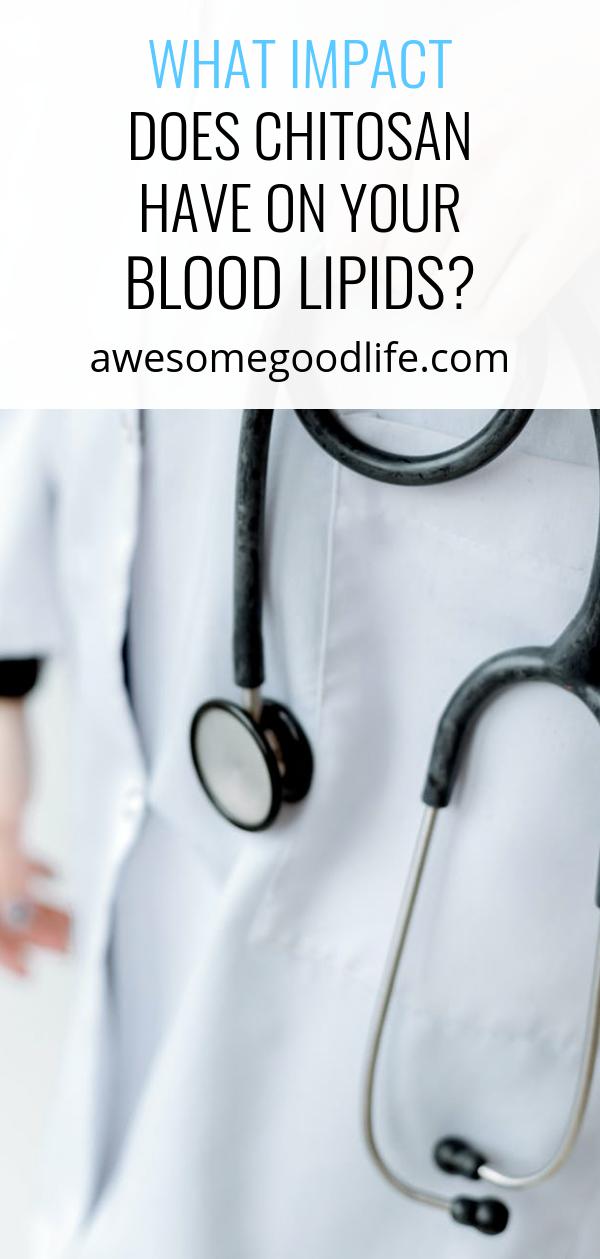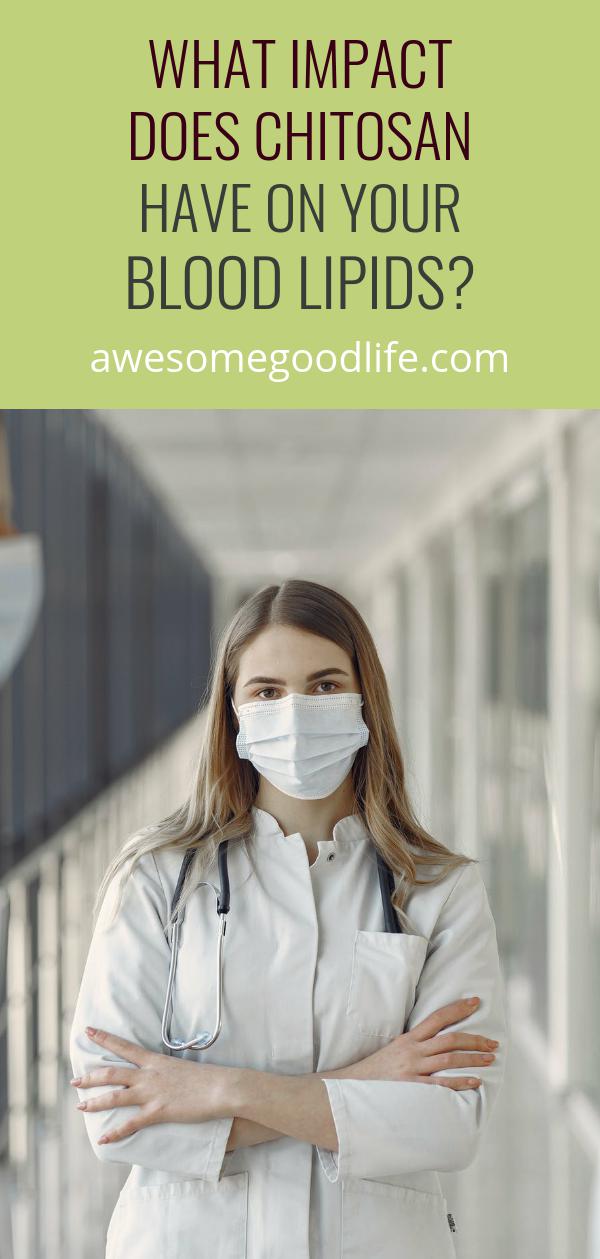Chitosan is one of the most useful products which help in reducing extra fats. It is used as a weight-loss facilitator. It is also considered a cholesterol-lowering mediator. It has long been the preferred subject of substantial study in the previous numerous decades. Many reports have distinguished that rising chitosan ingestion generally extends to reduced serum cholesterol levels in addition to improved ratios of high density to little density lipoproteins which are well recognized to be defensive next to cardiovascular diseases.
Together with the renowned fat as well as cholesterol-lowering impressions of chitosan, a number of claims have issued emphasizing the consequences of chitosan affecting blood lipids. It is composed of deacetylation of chitin, which is similar to cellulose available in the external shells of insects. The insects include crabs, lobsters, and crustaceans. The fungal cell walls also fall in a particular category. Dissimilar to the majority of plant fibers, chitosan is famous for possessing positively charged amino groups. These groups create ionic bonds with lipids as well as bile elements.

The system of how chitosan affecting blood lipids looks forward to exposition. On the other hand, the system is almost certainly intermediated by the chitosan activities on micelle construction in the gut. It is actually the lipid carrier and as per a few experts, the varied micelles in the gastrointestinal area enclose free fatty acids, cholesterol, and other elements. Moreover, it is one of the ways of getting the lipids ingested into the bloodstream. Conceivably what defends the scheme of chitosan affecting blood lipids is the truth that chitosan works by fastening to the complimentary fatty acids along with bile acid elements, therefore getting rid of them from the micelles and cutting off the incorporation of lipids.
Many researchers have been guided to disclose the actual score of chitosan affecting blood lipids. The researches were carried on both animals and humans. The results have usually been more striking in different animal examples. Maybe this is due to higher chitosan ingestion in a lot of the researches. On the other hand, several of the researches also demonstrate extremely remarkable diminutions on cholesterol in addition to LDL cholesterol levels. Furthermore, there are several that demonstrated growth in the HLD cholesterol.

Different researches carried out have collected effects that have been less straightforward, while several still indicative of positive results. One scrupulous research carried to realize if the claims on chitosan affecting blood lipids are factual is the current placebo-controlled, double-blind research. The particular research had noted that there was an important decline in LDL cholesterol amongst subjects experiencing 2,4000 milligrams of chitosan every day, equated with placebo matters. On the other hand, it was discovered that chitosan had no noteworthy result on the serum or on HDL, however, it somewhat amplified triglycerides.
Other research has accounted for parallel and related lipid outcomes, although some others have described that the claims on chitosan affecting blood lipids are not at all applicable. Maybe, these conflicts are because of the difference in the dose of chitosan given.





